All Stories
-
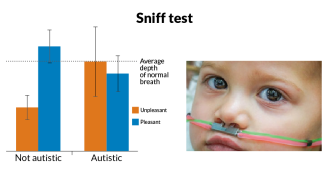 Health & Medicine
Health & MedicineSmell test may detect autism
A quick sniff test could reveal whether or not a child has autism, but some scientists have doubts.
By Meghan Rosen -
 Math
MathScience is heroic, with a tragic (statistical) flaw
Science falls short of its own standards because of the mindless use of ritualistic statistical tests.
-
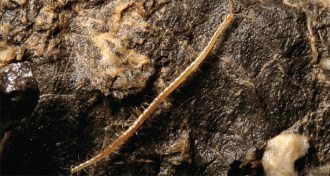 Animals
AnimalsCentipede discovered in caves 1,000 meters belowground
A newly discovered centipede species lives deep underground.
-
 Science & Society
Science & SocietyYour photos reveal more than where you went on vacation
By mining public databases of people’s photos, researchers can explore changing landscapes and tourist behavior.
-
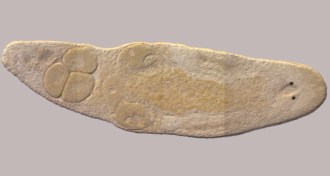 Animals
AnimalsFlatworm can self-fertilize by stabbing itself in the head
Hermaphroditic flatworms with hypodermic-style mating get sharp with themselves.
By Susan Milius -
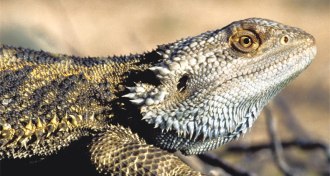 Animals
AnimalsHeat turns wild genetic male reptiles into functional females
Genetic male bearded dragons changed to females by overheating in the wild can still breed successfully.
By Susan Milius -
 Health & Medicine
Health & MedicineE-cigarette reports provide science that society craves
Research on vaping fills a crucial need in science’s service to society: providing the best information possible in a timely manner, so people can make wise choices.
By Eva Emerson -
 Life
LifePuzzling cosmic signals, processed food defined and more reader feedback
Readers sort out a definition for processed food, discuss the benefits of tinkering with human DNA and more.
-
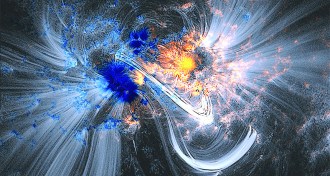 Astronomy
AstronomyA loopy look at sunspots
In visible light, sunspots look like dark blotches that often expel flares of searing plasma. NASA’s Solar Dynamics Observatory offers a different view.
-
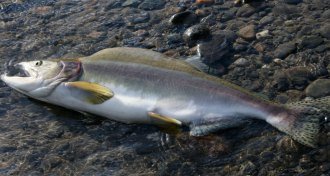 Climate
ClimatePink salmon threatened by freshwater acidification
Ocean acidification gets more attention, but freshwater systems are also acidifying. That’s a problem for young salmon, a new study finds.
-
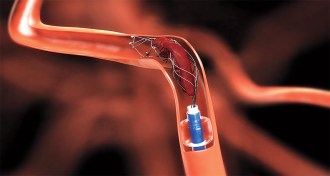 Health & Medicine
Health & MedicineClot-snatching stroke treatment gets the green light
Snatching blood clots from the brain with a wire mesh stent is a new stroke treatment that is now supported in the United States.
-
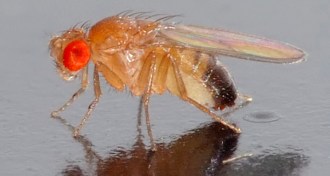 Neuroscience
NeuroscienceOld fruit flies’ swagger restored with brain chemical dopamine
Replenishing the chemical communicator dopamine to a handful of nerve cells makes old flies feel frisky again.